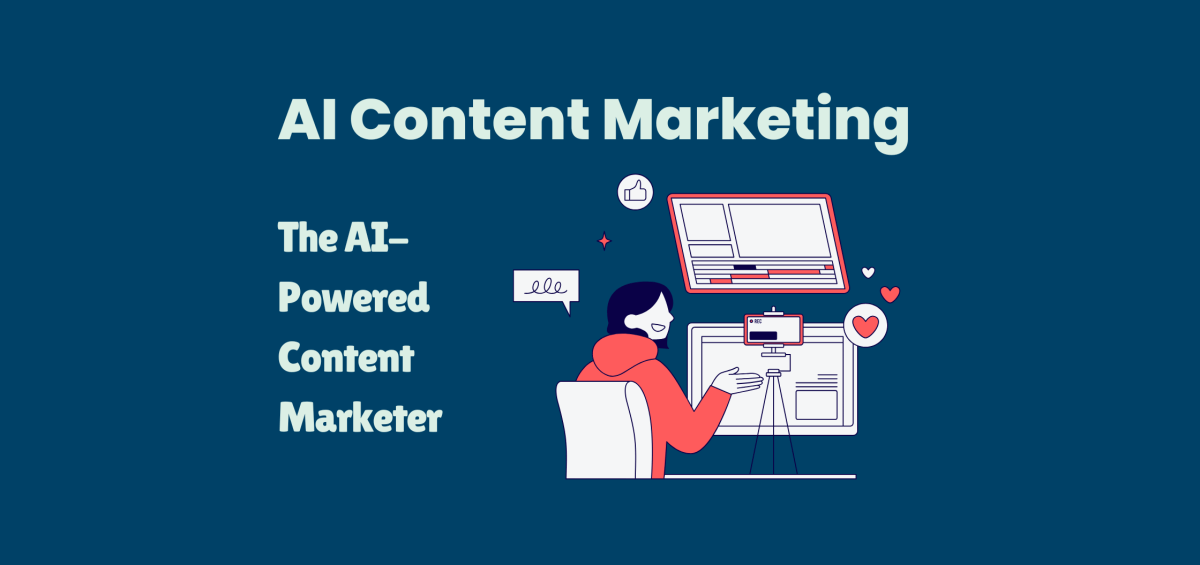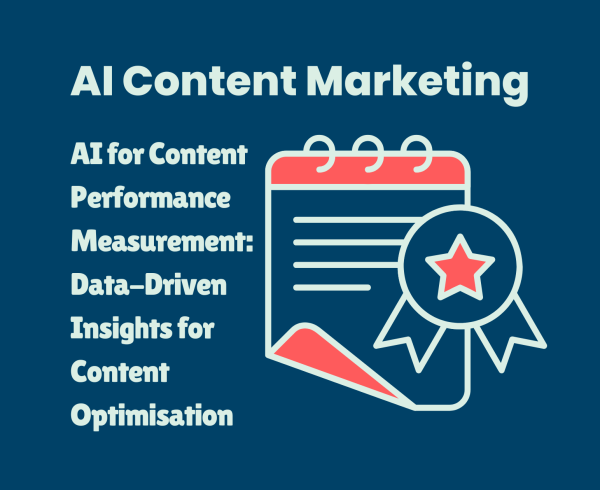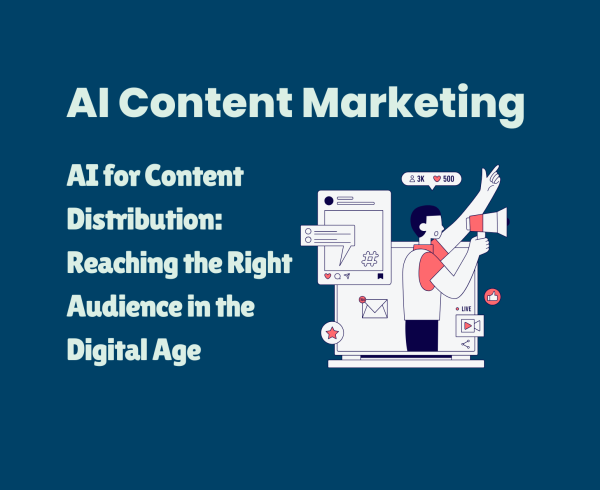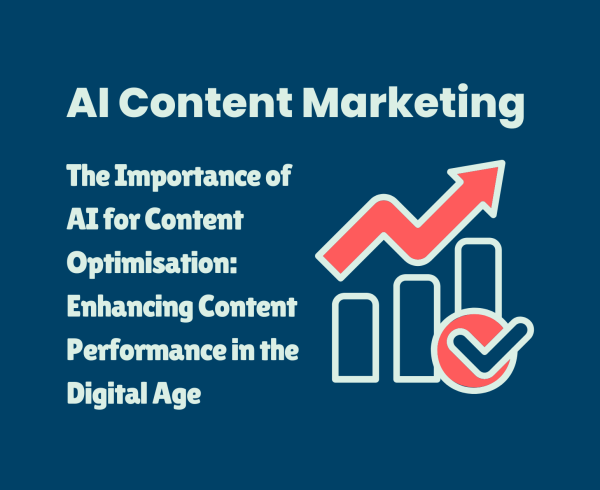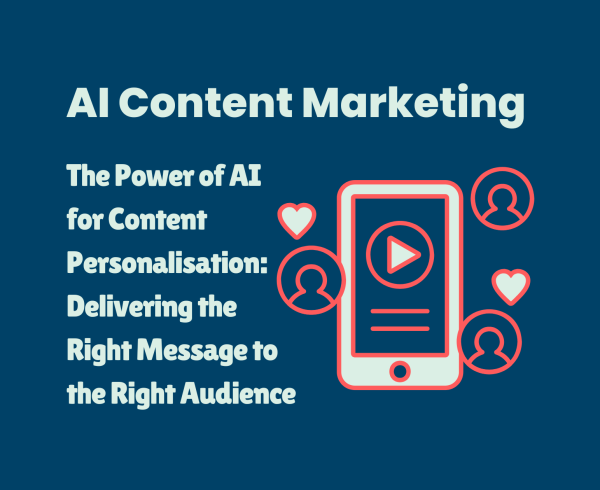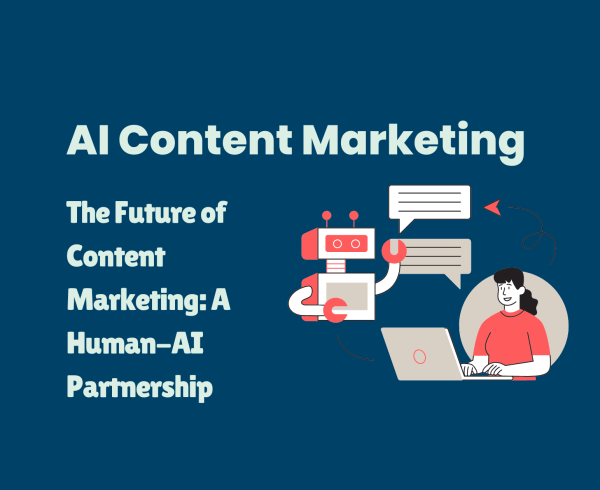This introductory article sets the stage by exploring the challenges and opportunities that AI presents to content marketers. It discusses the key benefits of adopting AI, such as increased efficiency, enhanced content quality, and improved ROI. It also examines the potential challenges, including data requirements, technology costs, and ethical considerations.
The Content Marketing Challenge
Content marketing teams are facing mounting pressure to produce more high-quality content, often with limited resources. The demand for personalized, engaging, and diverse content across various platforms is growing exponentially. At the same time, marketers are expected to demonstrate a tangible return on investment (ROI) for their efforts.
This challenge is further compounded by the evolving nature of content consumption. Audiences are increasingly fragmented, with diverse preferences and behaviors. Reaching the right audience with the right message at the right time requires a deep understanding of individual needs and preferences.
AI to the Rescue
AI offers a powerful solution to these challenges by automating tasks, generating ideas, and personalizing content experiences. AI-powered tools can analyze vast amounts of data to provide insights into audience behavior, identify trending topics, and optimize content for search engines. This allows content marketers to focus on strategy, creativity, and building relationships with their audience.
Key Benefits of AI in Content Marketing
- Increased Efficiency and Productivity: AI can automate repetitive tasks such as content research, data analysis, and content optimization, freeing up time for marketers to focus on higher-level tasks that require human creativity and ingenuity.
- Enhanced Content Quality: AI can help improve the quality of content by identifying and correcting errors, suggesting improvements, and ensuring consistency in brand voice and style.
- Personalized Content Experiences: AI can analyze user data to create personalized content recommendations, tailor messages to individual preferences, and deliver content at the optimal time and channel.
- Data-Driven Decision Making: AI can provide marketers with deep insights into audience behavior, content performance, and campaign effectiveness, enabling them to make data-driven decisions and optimize their strategies.
- Improved ROI: By automating tasks, personalizing experiences, and optimizing content for performance, AI can help marketers achieve a higher ROI on their content marketing efforts. This is a key theme across all the documents, which emphasize the potential of AI to improve content marketing effectiveness and drive business results.
AI Use Cases in Content Marketing
AI is already being used in a variety of ways to enhance content marketing efforts, including:
- Content Ideation: AI can analyze trends, identify gaps in existing content, and generate fresh ideas for blog posts, articles, videos, and social media updates.
- Content Creation: AI-powered writing tools can assist with generating different creative text formats, like poems, code, scripts, musical pieces, email, letters, etc. AI image generation tools can create original images from text prompts, aiding in visual content creation.
- Content Optimization: AI can analyze content for SEO performance, suggest improvements, and optimize content for different platforms and audiences.
- Content Distribution: AI can help identify the optimal channels and times to distribute content, personalize content recommendations, and automate social media posting.
- Content Measurement: AI can track content performance, analyze audience engagement, and provide insights into ROI.
Challenges of Adopting AI in Content Marketing
While the benefits of AI in content marketing are undeniable, there are also challenges that marketers need to be aware of:
- Data Requirements: AI algorithms require large amounts of data to function effectively. Marketers need to ensure they have access to sufficient data and that the data is clean and accurate.
- Technology Costs: Implementing AI tools can be expensive, especially for smaller businesses. Marketers need to carefully evaluate the costs and benefits of different AI solutions.
- Skill Gaps: Working with AI requires a new set of skills and knowledge. Marketers need to invest in training and development to ensure their teams are equipped to use AI effectively.
- Ethical Considerations: AI raises ethical concerns around bias, privacy, and transparency. Marketers need to be mindful of these issues and ensure they are using AI responsibly.
The Future of AI in Content Marketing
The future of AI in content marketing is bright. As AI technology continues to evolve, we can expect to see even more innovative applications that will further transform the field. Some of the key trends to watch out for include:
- Hyper-Personalization: AI will enable marketers to create even more personalized content experiences, tailoring content to individual needs and preferences in real-time.
- AI-Powered Content Creation: AI will play an even greater role in content creation, generating high-quality content in various formats, including text, images, and videos.
- Predictive Analytics: AI will be used to predict content performance, identify trends, and optimize content strategies for maximum impact.
- Human-AI Collaboration: The future of content marketing will be one of human-AI collaboration, where humans and machines work together to create and deliver exceptional content experiences.
Conclusion
The rise of AI in content marketing is revolutionizing the field, empowering marketers to create better content, reach the right audience, and achieve a higher ROI. While there are challenges to overcome, the benefits of AI are undeniable. Content marketers who embrace these tools will be well-positioned to thrive in an increasingly competitive landscape. The AI-powered content marketer is not just a trend; it’s the future of the profession.

